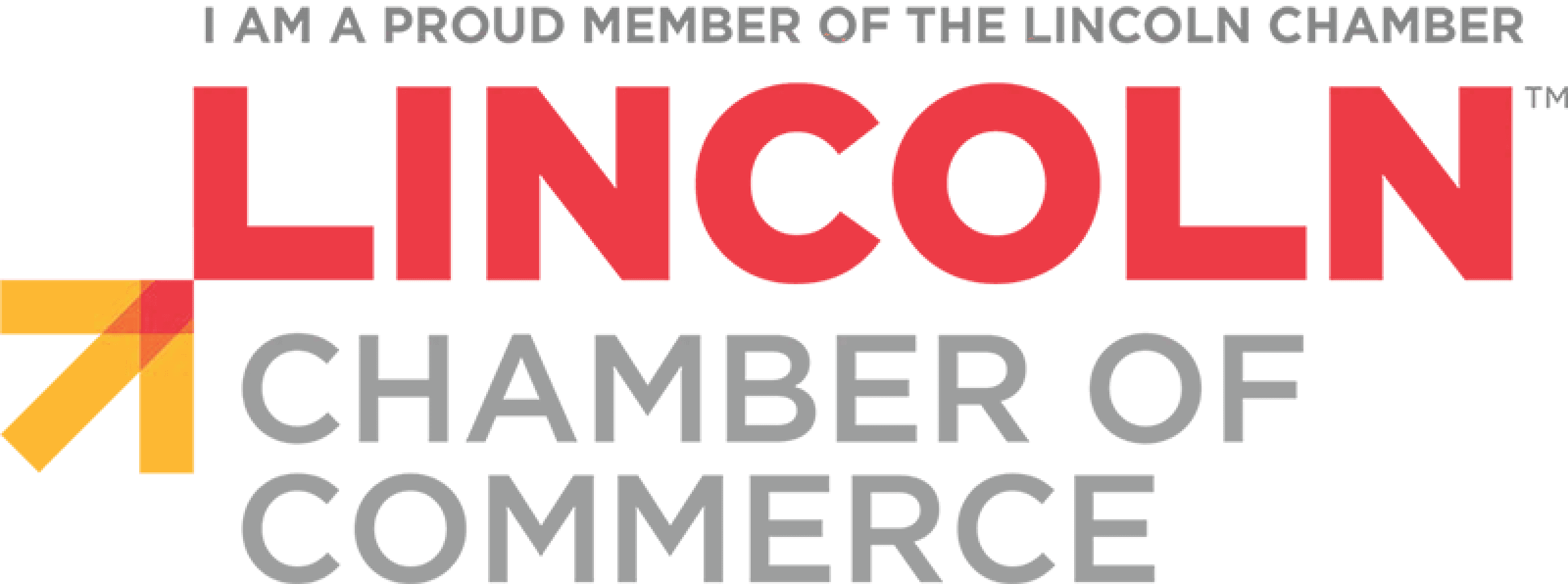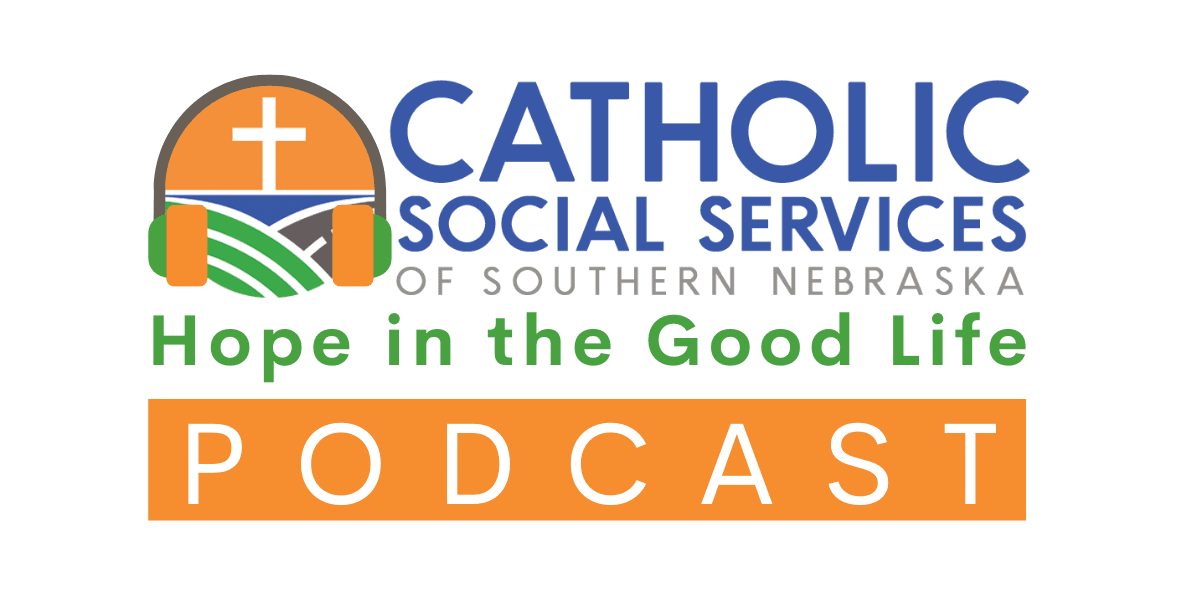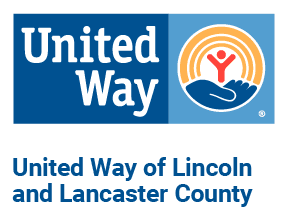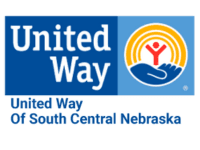Read all about it! Here's the latest HOPE IN THE GOOD LIFE updates from across southern Nebraska!
In a small warehouse building on Lincoln’s O Street, toy collectables, books, sports memorabilia and ceramic Christmas decorations are neatly sorted on the shelves. Vintage Husker gear, jackets and jeans line the walls.

By Jonathan Kiehl
“I am about to do a new thing; now it springs forth, do you not perceive it? I will make a way in the wilderness and rivers in the desert” (Isaiah 43:19)
Starting over is always challenging and exciting. There are new landscapes, new possibilities, and new blessings; but it can also cause fear. There are so many unknowns, possible failures, and perceived dangers.

By Katie Patrick
Last Friday, we had our first open holy hour at Catholic Social Services’ St. Joseph Chapel in Lincoln. This holy hour was organized so that staff, volunteers and the public could spend intentional time together praying for our clients and their intentions. In a way, we wanted to transform our daily works of mercy that occur in the front lobby, in our food market, on the streets, and in meeting rooms into moments of silence, gratitude, and trust in God’s presence.

By Cathy Blankenau Bender
Editor-in-chief
An elementary school principal can easily log more than 10,000 steps in an average school day: attending meetings and walk-throughs, performing various duties and providing coverage, remaining visible and present to students and staff.
For Curt Feilmeier, principal at St. Peter School in Lincoln, each trip to and from his desk during Catholic Schools Week added 40 more steps than usual, thanks to the ingenuity and generosity of the school community – and a brightly colored cardboard maze.

By Katie Patrick
The sound of trumpets will once again fill St. Joseph Church in Lincoln Sunday, Feb. 15, at 2 p.m., as musicians and community members gather for Trumpet Fest 2026, an annual charity concert benefiting Catholic Social Services of Southern Nebraska (CSS).

By Sarah Leon,
Client Relations Specialist at Lincoln
“Let’s have a feast and celebrate. For this son of mine was dead and is alive again; he was lost and is found.” Luke 15: 23-24
My name is Sarah Leon, and I am the new Client Relations Specialist here at the Lincoln office. What St. Mother Teresa teaches about how we should treat each human person as if it were Christ Himself whom you were encountering, is the essence of how I can do my job well. I love working at the front desk and having the opportunity to first encounter people and show them the merciful face of Jesus. Whether we’re assisting clients with paperwork or providing hygiene bags to those experiencing homelessness, each interaction is a chance to offer a listening ear and a joyful smile. For me, this embodies “hope in the Good Life”—paying attention to small details and trusting that no small act goes unnoticed by God.
Let's gather together to celebrate and support HOPE IN THE GOOD LIFE on Saturday, March 14th!
On this episode of Hope in the Good Life, John Soukup talks with Kevin Murray about Trumpet Fest, an annual concert that combines musical excellence with a mission of service. Kevin shares how the event began in 2004 and highlights the high caliber of musicians involved—from talented young students to seasoned professionals—performing a surprising variety of music in the beautiful acoustics of St. Joseph Catholic Church in Lincoln. He also reflects on Trumpet Fest’s impact as a fundraiser for Catholic Social Services of Southern Nebraska, raising more than $50,000 since its inception, and what continues to inspire him to bring the event back each year, including this year’s concert on February 15.









